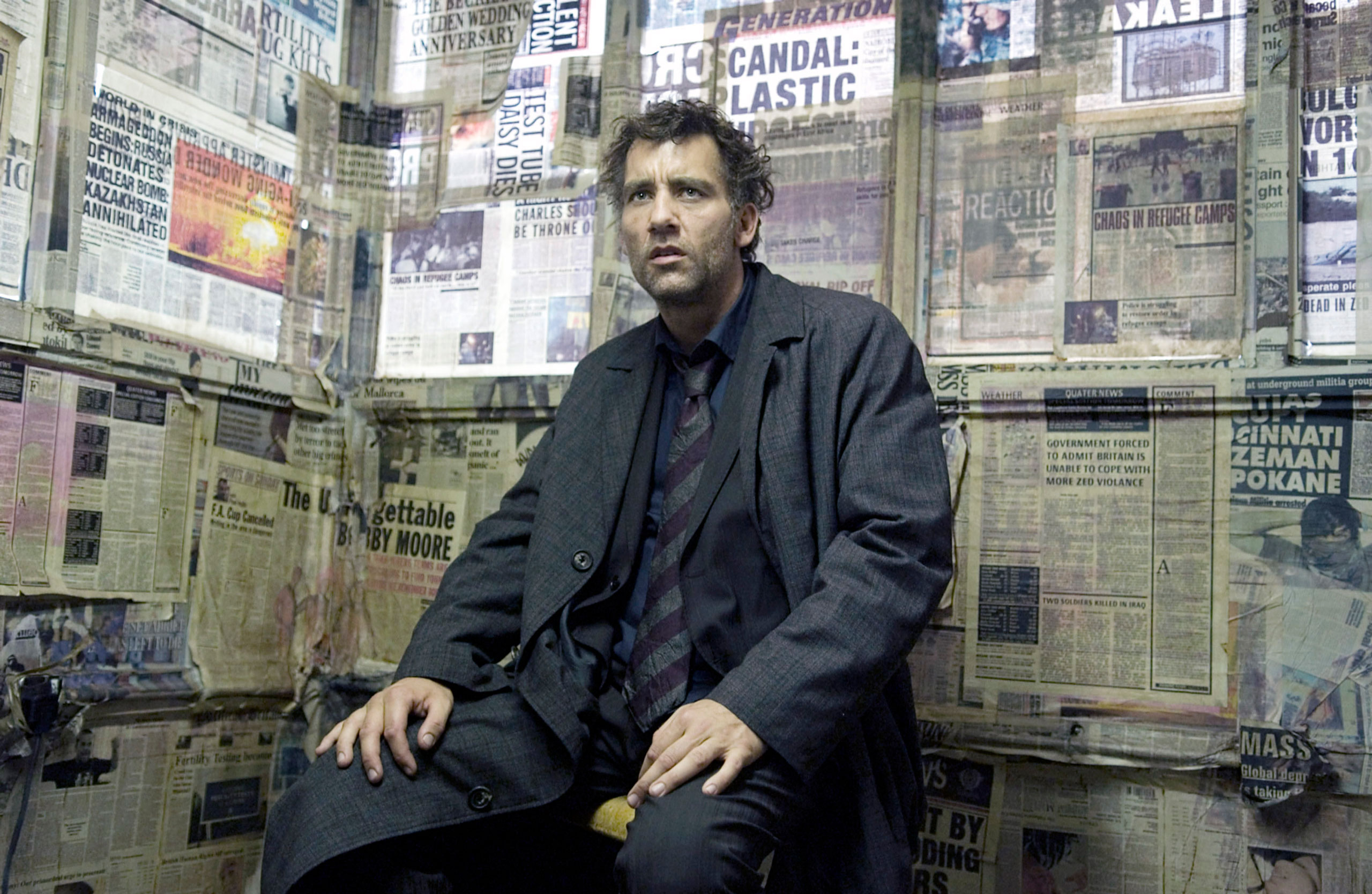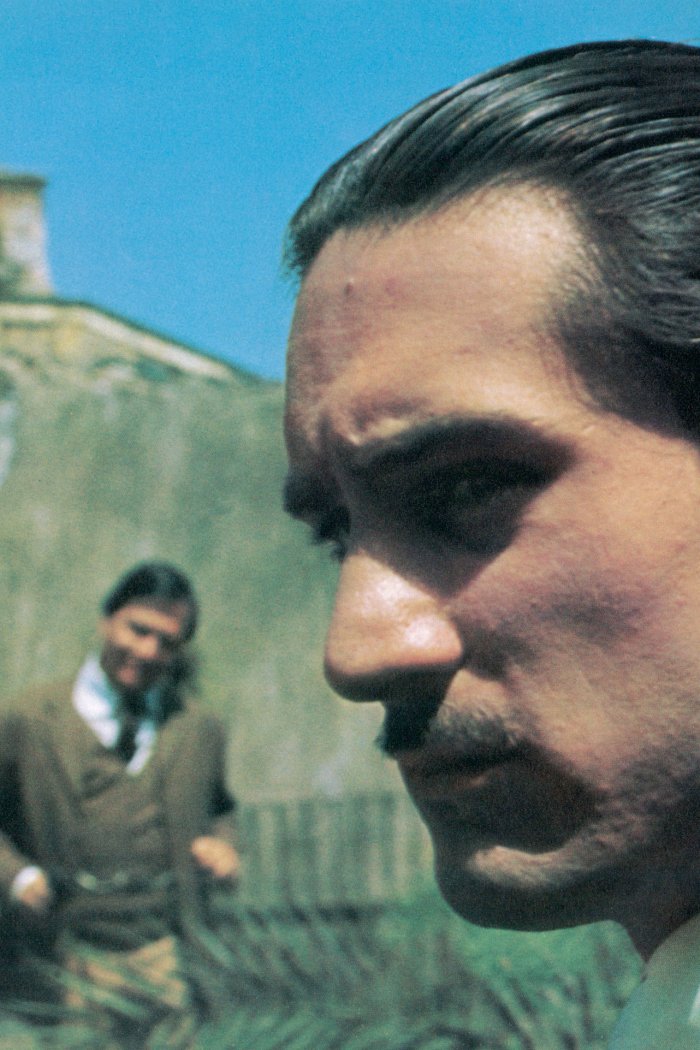Only true masters should be allowed to make dystopian dramas. In the hands of Alfonso Cuarón, Children of Men—adapted from P.D. James’ bleak futuristic novel—is a cautious incantation for a hopeful future, rather than a doomy death sentence for our beleaguered planet and its inhabitants. Children of Men takes place in the London of 2027, in a world where humans have lost the ability to procreate. Pandemics have further decimated the population. Terrorism and war have torn countries apart. In Britain, citizens are encouraged to report illegal immigrants to the authorities, and once the offenders are arrested, they’re either imprisoned or executed. Clive Owen’s Theo is a weary former activist who’s given up on the idea of change, until his former lover, Julianne Moore’s Julian, a radical who’s still in the fight, reemerges and forces him into action. Cuarón, a filmmaker with a gentle human touch, may seem like an odd choice to direct a pessimistic movie about a world without children. But a filmmaker so responsive to joy and pleasure is actually the perfect guide to a future in which those essentials have gone missing. If the twilight desolation of Children of Men is even more resonant today than it was in 2006, maybe we can take its final note of hopefulness to heart too.
- Cybersecurity Experts Are Sounding the Alarm on DOGE
- Meet the 2025 Women of the Year
- The Harsh Truth About Disability Inclusion
- Why Do More Young Adults Have Cancer?
- Colman Domingo Leads With Radical Love
- How to Get Better at Doing Things Alone
- Michelle Zauner Stares Down the Darkness





